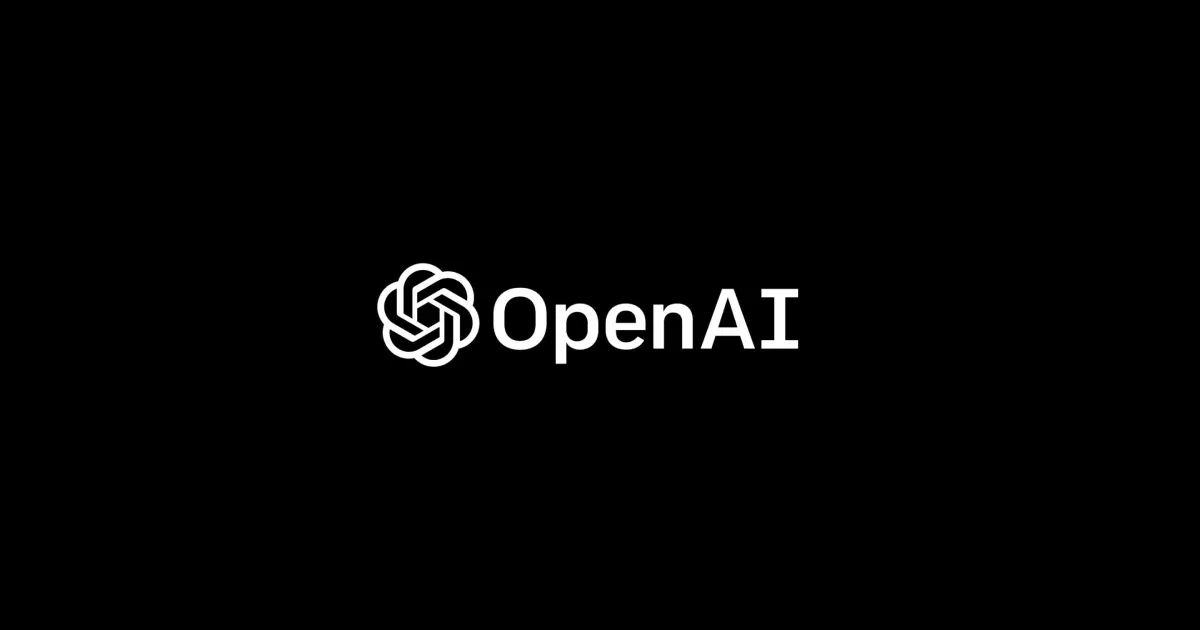OpenAI offers ChatGPT to U.S. federal workforce for $1

OpenAI has announced a major partnership with the U.S. General Services Administration (GSA) to offer ChatGPT Enterprise to over two million executive-branch federal employees for just $1 per agency over the next year. The agreement marks one of the most sweeping efforts yet to integrate generative AI tools into the day-to-day operations of the U.S. government.
A $1 Deal for AI at Scale
Under the terms of the deal, every federal agency under the executive branch will gain access to ChatGPT Enterprise for a full year, essentially free of charge. Additionally, each agency will receive 60 days of unlimited access to OpenAI’s most advanced tools, including Deep Research and Advanced Voice Mode.
The partnership is being positioned as a trial run rather than a long-term commitment. “These technologies are changing and evolving at breakneck speed. We don’t want to commit ourselves,” said Josh Gruenbaum, commissioner of the GSA's Federal Acquisition Service, in an interview with Bloomberg. “This is almost like it’s a trial run in some ways.”
Notably, OpenAI has assured that no data from federal workers will be used to train or improve ChatGPT, addressing potential privacy and data security concerns.
Part of the Trump Administration’s AI Agenda
The announcement comes just one day after OpenAI, along with Google and Anthropic, was approved for the federal AI vendor list. In a blog post, OpenAI framed the move as supporting a key objective of the Trump Administration’s AI Action Plan, which emphasizes using AI to cut down on bureaucratic inefficiencies.
“This effort delivers on a core pillar of the Trump Administration’s AI Action Plan by making powerful AI tools available across the federal government so that workers can spend less time on red tape and paperwork, and more time doing what they came to public service to do: serve the American people,” OpenAI wrote.
However, questions are already being raised about ideological neutrality in AI systems. President Trump’s executive order on “Preventing Woke AI” mandates that any AI tools used by the federal government must not favor "ideological dogmas such as DEI" (Diversity, Equity, and Inclusion). This poses a challenge for companies like OpenAI, which are under pressure to maintain objectivity while also aligning with federal requirements that carry a clear political slant.
Strategic Timing and Political Implications
The deal has also prompted scrutiny due to past political donations. OpenAI CEO Sam Altman previously donated $1 million to Trump’s inauguration fund, raising questions about the relationship between the company and the administration.
While the GSA insists that no agency will be required to continue using OpenAI’s tools after the trial period ends, the symbolic and practical implications of putting generative AI into the hands of millions of government workers are significant.
What’s Next?
This partnership could reshape how the federal government handles documentation, research, communication, and customer service. If successful, it may pave the way for long-term AI adoption across multiple government sectors.
However, challenges lie ahead. OpenAI must prove that its models can meet both the performance demands and political expectations of operating within the highest levels of government.
As this year-long trial begins, all eyes will be on how federal agencies adopt — or resist — the power of generative AI.





